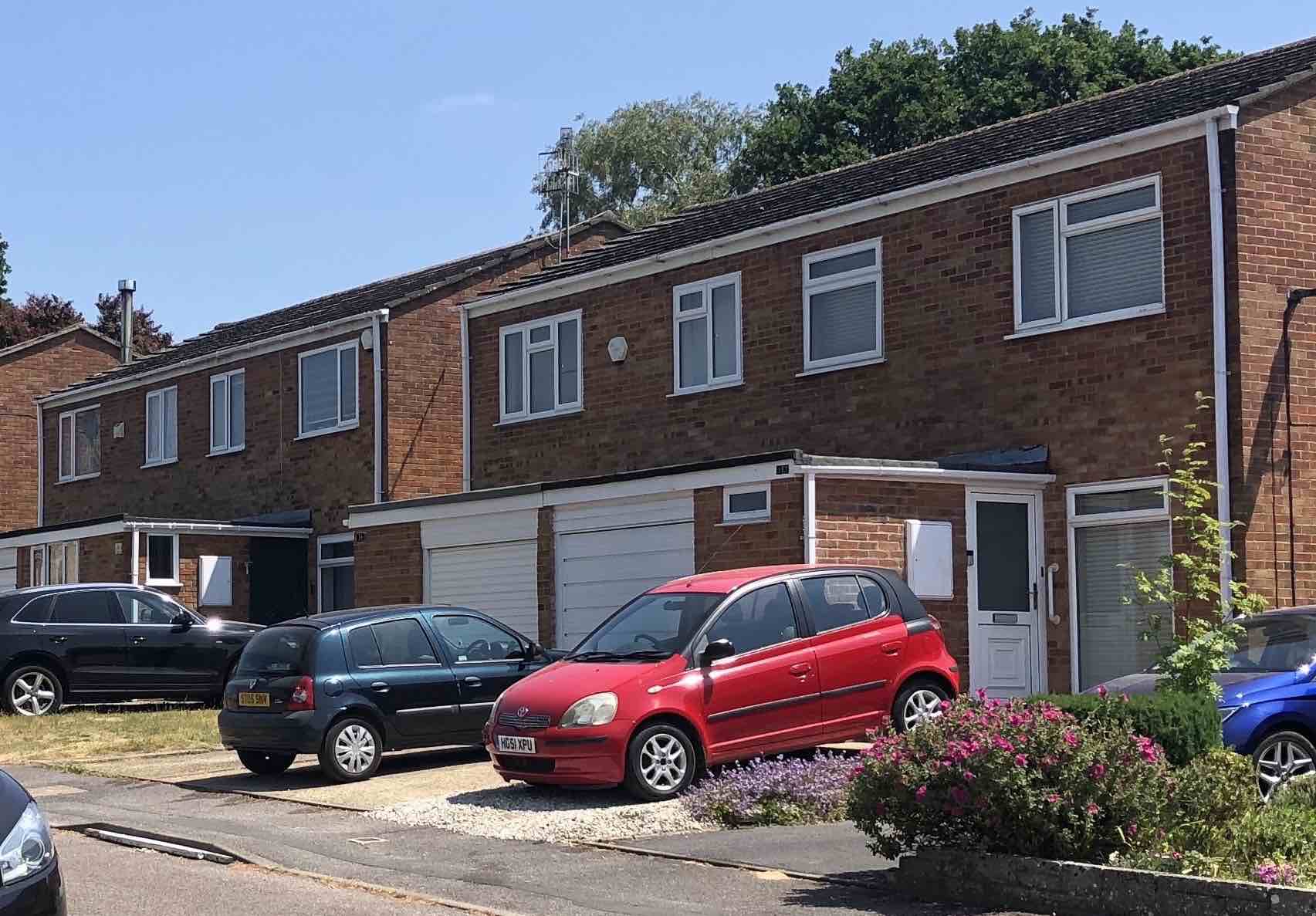1 April 2023
The Let’s Talk Renting team answers commonly asked questions about help and support that’s on offer for private tenants.

Why is Let’s Talk Renting only for private tenants?
A crisis in the private rental sector, driven by rising rents and a shortage of available properties, is putting tenants at risk of homelessness.
When a private landlord serves a tenant with notice to quit, it can lead to homelessness in as little as 56 days if negotiations between tenants and landlords fail to provide a positive outcome, or if alternative accommodation cannot be found.
Let’s Talk Renting is funded by BCP Council and run by the Homelessness Partnership BCP, which works to prevent people falling into homelessness, as well as supporting people without a home into safe accommodation. The Partnership recognises that tenants who rent privately are at greatest risk of homelessness during the current economic crisis.
Why are some private tenants struggling to pay their rent?
Landlords have been hit by a series of increases in mortgage interest rates. As their costs rise, some are passing them to tenants via rent increases.
Officially, rents for private tenants rose by 4.4% in the 12 months to January 2023, according to the Office for National Statistics (ONS). Every tenancy is different, however, so some tenants may have been asked for steeper rises in their rent.
Rising costs for landlords have prompted some to sell up and leave the rental market, leading to a shortage of private rental properties, which is driving up rental prices. This comes at the same time as the soaring cost of living is hitting tenants’ incomes hard, increasing the risk of falling into rent arrears and homelessness.
Electricity prices in the UK rose by 66.7% and gas prices by 129.4% in the 12 months to January 2023 according to the ONS, placing further strain on tenants’ finances. The ONS also reports that the price of food went up by 16.9% during 2022. The UK’s overall rate of inflation remains high, standing at 10.4% in March 2023.
What are the primary causes of rent arrears in the BCP region?
Aside from financial pressures arising from the cost-of-living crisis and rising rents, the breakdown of personal and professional relationships are one of the main causes of tenants running into difficulty in maintaining private tenancies.
In some cases, a tenant may have split up with their partner and cannot afford the rent on their own, while employment breakdown – either a loss of employment or a new job that’s changed how much a tenant receives in benefits – can impact the ability to pay rent.
Illness and not being able to work due to health reasons can have a detrimental effect on tenants’ finances and lead to anxiety about paying the rent each month.
Can landlords increase private tenants’ rent at any time?
Where tenants have a fixed-term tenancy, Citizens’ Advice points out that landlords cannot simply increase rent whenever they like or by any amount. The conditions of any rent rise should be stated in the terms of a tenancy agreement.
Tenants are commonly given an ‘assured shorthold tenancy’ which will explain how often rent can be increased. Rents are usually reviewed annually, although not all landlords will put rents up.
For those on assured shorthold or assured tenancy, Citizens’ Advice says that landlords cannot increase rent during the fixed term of a tenancy, unless a tenancy agreement allows it.
The amount of notice of a rent increase that landlords must give depends on the length of a tenancy period.
At what stage should private tenants seek professional advice?
Please contact Let’s Talk Renting immediately. When things get too much, it can be easy to put problems to one side and hope that they’ll resolve themselves.
When a tenancy is at risk, delays in addressing financial matters can make the situation more complex.
Tenants renting privately should be assured that no problem is too big or too small, and no- one will be judged, whatever their financial situation may be. There are many organisations standing by that can provide free, unbiased advice.
Are private tenants at risk of eviction entitled to council housing?
In most cases, maintaining a private tenancy is the only option, as social housing is in extremely short supply across Bournemouth, Christchurch and Poole.
Organisations including BCP Council and Citizens’ Advice work closely with tenants in rent arrears or who are facing eviction, providing professional advice that in many cases has successfully enabled individuals and families at risk of homelessness to carry on with a tenancy and remain in their homes.
Where eviction is unavoidable, finding alternative accommodation in the private rented sector is usually the only option.
How can private tenants learn more about their rights?
Private rental contracts can be confusing and contain legal jargon, so tenants should always seek professional advice about their legal rights at the earliest opportunity.
It is vital to ask for help where tenants do not understand their tenancy contract or are threatened with eviction.
Anyone who is struggling can learn more about their rights as a tenant – as well as the rights of their landlord – by clicking the ‘get help now’ button.
How can tenants improve relationships with their landlord?
If a tenancy is at risk, landlords will be more willing to negotiate with tenants who have previously paid their rent on time and kept properties in good state of order.
A proven track record of paying rent on time will stand tenants in good stead for future negotiations, while landlords are more likely to want to retain individuals and families who have looked after their home – and treated neighbours with respect.


